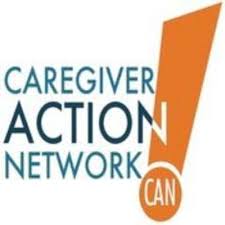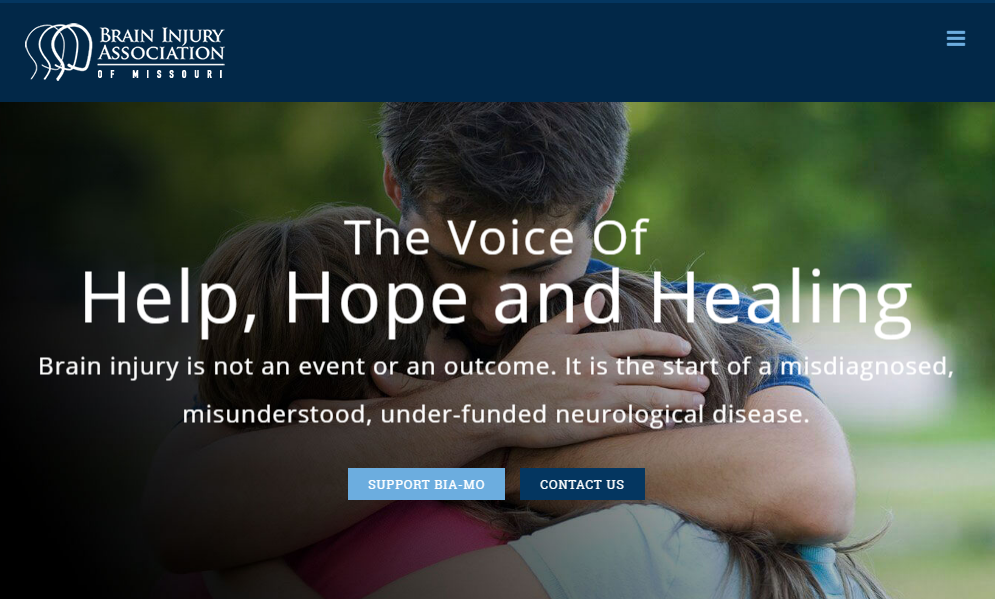The Chronic Illness Paradox ―Loneliness in Numbers
By the Old Sarge
You feel pretty darn lousy when you’re sneezing and hacking from a cold or the flu, but at least you know you’ll be feeling better in a few days.
People suffering from a chronic illness aren’t so lucky.
A chronic illness, such as heart disease, diabetes, lupus, or multiple sclerosis are long-term disorders that may never be cured. According to PBS.org, 125 million Americans suffer from a chronic illness, and that number is expected to jump to 157 million by 2020.
Along with the illness itself, as many as one-third of the people battling a chronic illness also suffer from depression and anxiety. Medical experts say that learning how to deal with the accompanying depression and stress is just as important as treating the underlying chronic illness itself.
It’s not difficult to understand why. A chronic illness can cause a major disruption in life as you know it. You may be forced to quit working, or suddenly become dependent on others to get through the day. Constant fatigue, insomnia and limited mobility also are common accompanying ailments to a chronic illness.
Some people experience severe isolation and loneliness when they no longer have a workplace in which to socialize and have difficulty getting around. More research is being done on the negative health effects of loneliness, with a recent study calling the “loneliness epidemic” a public health threat.
The Cleveland Clinic and Psych Central offer some advice on dealing with a chronic illness and depression:
- Find a support group. Sharing your experiences with others can help by showing you that you’re not alone in your struggles. If you’re reluctant to join a “live” group, find an online group where you can remain anonymous.
- Get involved and become a participant in your treatment. Don’t be afraid to ask questions.
- Seek family and couples counseling because your illness probably affects your entire family.
- Look for individual counseling. Some people are more comfortable talking about their private feelings in one-on-one sessions with a professional counselor.
- Eat healthy. Follow all dietary instructions from your healthcare providers.
- Learn to accept your illness and do what you can to lead a better life.
Another helpful tip is to keep a personal journal of your day-to-day activities. Putting your day on paper may help you identify problem areas. Example: You had digestive problems in the evening and a quick check of your journal reminded you that you ate guacamole for lunch. Could the guac be the problem?
A chronic illness often leads to job loss and financial problems. If you lost your job because of a chronic illness, click here to see how empower by Allsup® can help you apply for Social Security Disability Insurance benefits.
Dan Allsup
Related Articles

Uncategorized
Helping Family Caregivers With What They Need to Know

Uncategorized
Understanding MS and Disability Benefits

Uncategorized
BIA-MO Gets Real about Brain Injury Awareness

